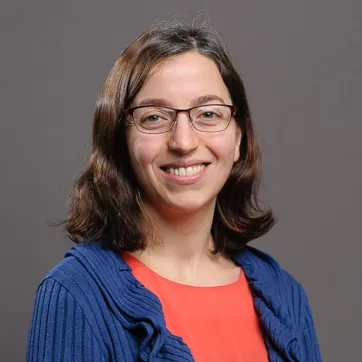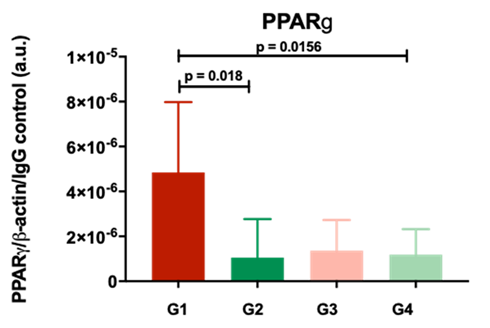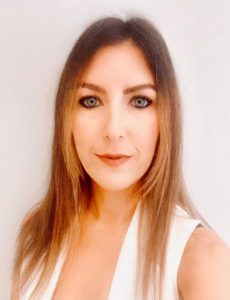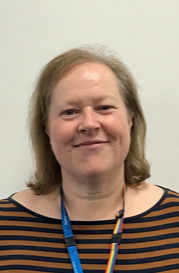With funding from Kidney Research UK, a team of researchers from the University of Oxford, the University of Nottingham and University College London will develop ways to assess donor kidneys and predict how well they will work after transplant.
Having a kidney transplant is the best treatment for kidney failure, but the demand for donated kidneys is high.
To save more lives, doctors are now accepting kidneys from older or higher risk donors. These kidneys may also work less well after transplantation. This can have devastating effects, causing patients once recovering from transplantation to also go back on to dialysis, and wait for another transplant.
Right now, doctors cannot accurately assess donor kidneys. This makes it difficult to predict how well a transplant will work and how long a kidney will last after it has been transplanted.
Thanks to Kidney Research UK’s grant award of £237,626, (in partnership with the Stoneygate Trust), the ADMIRE study ‘Assessing Donor kidneys and Monitoring Transplant Recipients’ aims to address this clinical challenge.

Dr Maria Kaisar from Oxford University’s Nuffield Department of Surgical Sciences (NDS) is the Principal Investigator on the study and leads a team of co-investigators from NDS (Professor Rutger Ploeg, Dr Edward Sharples, Mr Simon Knight, Mr James Hunter and Dr Sadr Shaheed), the Oxford Big Data Institute (Dr Alberto Santos Delgado and Dr Philip Charles) and the Radcliffe Department of Medicine (Dr Elizabeth Tunnicliffe).
Dr Maria Kaisar and her team will utilise the Oxford Transplant Biobank (OTB) and the Quality in Organ Donation (QUOD) biobank to look for marker proteins in the donors’ blood samples. They use these samples to develop a mathematical model to predict how well donor kidneys will work after transplantation. The successful model would allow doctors to accurately assess kidneys and only transplant those that will function well. It could also identify suitable kidneys previously deemed too high risk to transplant.
With Professors Sue Francis and David Long from the University of Nottingham and University College London, the NDS team will use the QUOD X platform to also develop a monitoring strategy. MRI scanning methods will be performed on both the donor organ before it is transplanted, and later on after transplantation. This will allow us to monitor how well the transplanted organ is functioning.
“I am absolutely delighted that our study received this funding award by Kidney Research UK in partnership with The Stoneygate Trust,” said Maria. “This funding will enable us to bring scientific and clinical expertise together in collaboration, to develop novel non-invasive methods to better assess donor kidneys and, predict how well a transplant will work in the recipient. We also envisage that our planned scientific work will offer many opportunities to our early career scientists, to further develop their skills and research expertise in studying kidney disease. “





